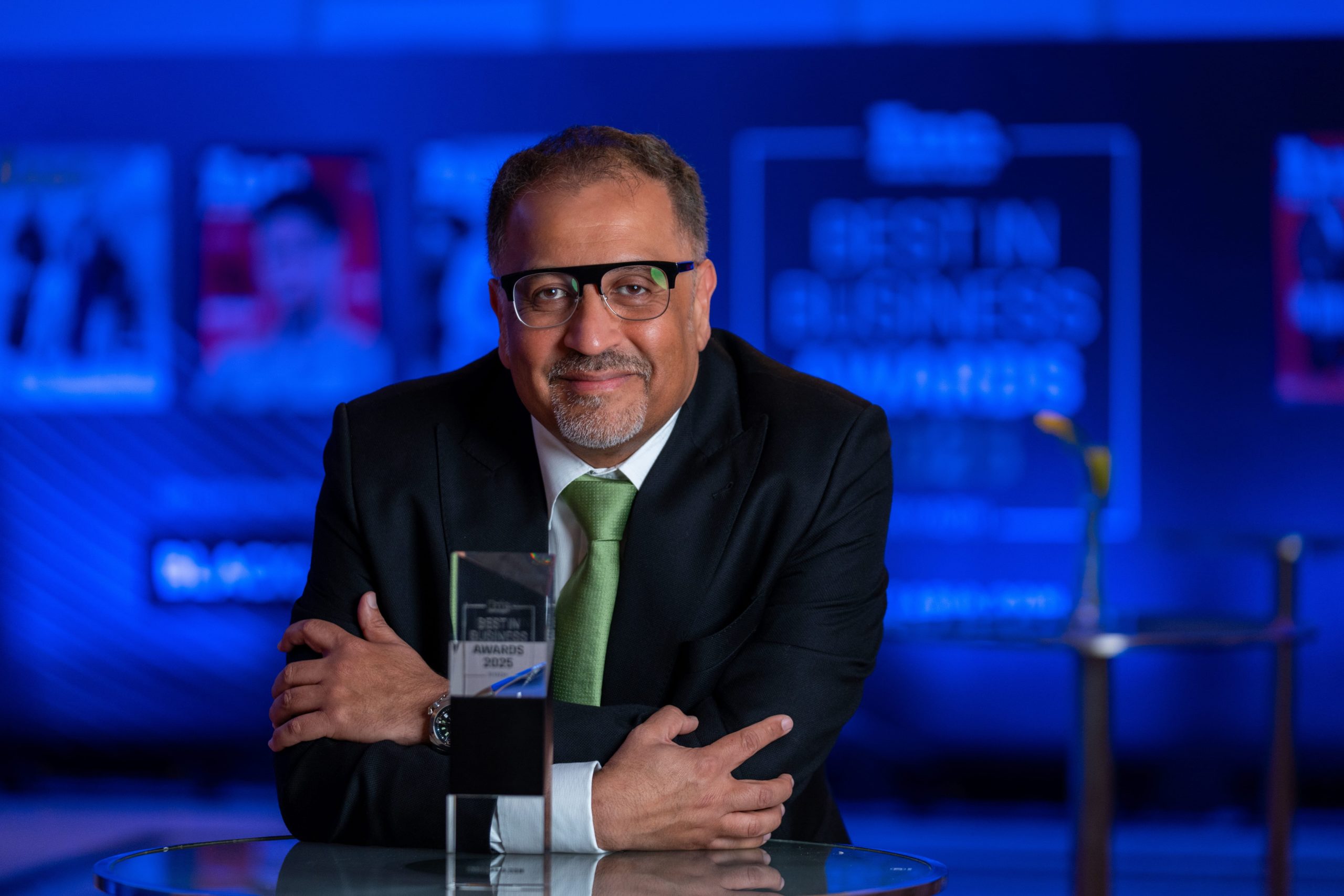When I stood on stage at the Best in Business Awards by Inc. Arabia in Riyadh, I did so wearing a green tie—not just a fashion choice, but a message from the heart. And for the first time in a long time, I gave my keynote speech entirely in Arabic.
These weren’t just aesthetic or linguistic decisions. They were intentional acts of respect, belonging, and cultural alignment. In a region where heritage runs deep and symbolism carries weight, every gesture matters.
The Green Tie: A Color of Meaning
Green, as we know, holds deep resonance in Saudi Arabia. It’s the color of the flag, a symbol of prosperity, growth, and unity. Wearing it was my quiet salute to the Kingdom—a gesture to say: I see you, I respect you, and I’m here not just as a guest, but as someone deeply connected to this place.
This wasn’t just about me. It was about every entrepreneur in the room who’s working to build something meaningful for the region. It was about speaking a shared visual language, even before I opened my mouth.
Choosing Arabic: From Head to Heart
As a CEO who’s worked across continents, I’m used to defaulting to English in global settings. But this time, I knew Arabic had to be the vessel.
Speaking in Arabic wasn’t just about fluency—it was about emotional fluency. The kind that resonates not just in ears, but in hearts. It was about being understood not just intellectually, but emotionally.
Because here’s the thing: in our part of the world, emotion moves mountains. Relationships are built on trust and feeling, not just function and pitch decks.
USP vs. ESP: A Lesson in Relevance
For decades, we’ve been taught that business success relies on USP—Unique Selling Proposition. But in the MENA region, especially in Saudi Arabia, what moves people isn’t just what you do—it’s why it matters. That’s where ESP—Emotional Selling Proposition—comes in.
You can be the most innovative startup in the room. But if your story doesn’t connect emotionally, you’ll be remembered for your slides, not your soul.
When we built 7awi, our USP was clear: Arabic-first digital publishing at scale. But what made it powerful was our ESP—we told stories that mattered to people. That’s what created connection, loyalty, and trust.
The Takeaway
Whether you’re entering a new market or stepping on a stage, remember this: relevance isn’t just about product-market fit. It’s about cultural fit, emotional fluency, and symbolic gestures.
The green tie, the Arabic speech, the acknowledgment of ESP—these were not tactics. They were bridges. And in today’s world, we don’t just need platforms and products. We need bridges that connect hearts and minds.




